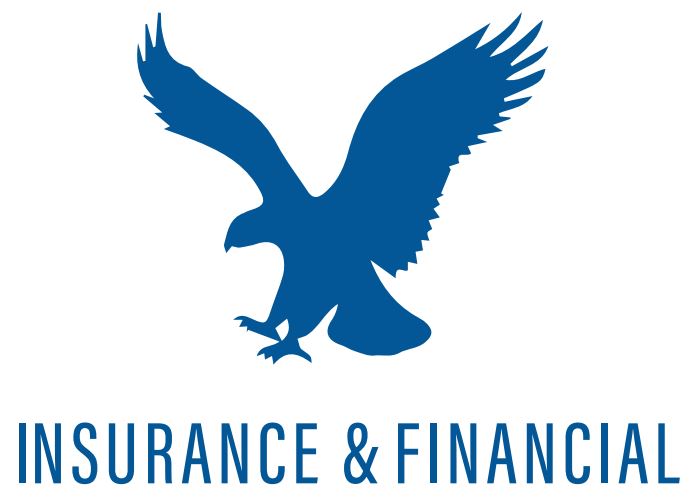Have questions about your insurance policy and industry-specific terminology? Don’t sweat it, we make it easy to understand your policy with our easy-to-understand insurance industry definitions.
Accidental bodily injury: An injury which is not intentionally self-inflicted.
Accidental death benefit: Insurance that issues payment if death of the insured occurs as a result of an accident. May be subject to policy terms and conditions. May also be known as accidental death & dismemberment (AD&D).
Act of God: A legal term used to define events that are outside of human control and no one can be held directly accountable for damages. Examples include floods, tornadoes, earthquakes, hail, and hurricanes.
Actual Cash Value (ACV): The cost to replace property, minus depreciation.
Additional insured: Someone other than the original insured who is afforded protection under a policy.
Additional living expense clause: Coverage in homeowners insurance policies that covers additional expenses incurred as a result of covered property loss. This coverage helps you maintain normal standards of living while an insured home is being restored.
ATV Insurance: This type of insurance protects you from accidents and theft. It also provides additional medical and personal liability coverage.
Auto insurance: Provides property, medical, and liability coverage for your vehicles.
Basic reparation benefits: This coverage pays for reasonable medical rehabilitation expenses, final expenses, replacement services, and time off work that you or others may have experienced as a result of injuries caused by an accident with your insured vehicle. Also known as personal injury protection (PIP)
Beneficiary: The person or persons you have designated to receive the death benefit from your life insurance policy.
Blanket insurance: Property insurance that covers more than one type of property in one location or multiple types of property at multiple locations.
Boat insurance: Covers your boat or personal watercraft from damage or theft. Also protects you from personal liability.
Bodily injury: Physical injury, illness, disease, or death. Subject to terms and policy conditions.
Bodily injury liability: Legal obligation stemming from the injury or death of another person.
Bodily injury liability protection: Coverage that helps pay if you are legally obligated to do so after damages arising from an accident.
Car insurance: (See Auto insurance)
Cash surrender value (CSV): Amount (if any) due to the policy owner when certain life insurance policies are surrendered.
Casualty insurance: A term that covered nearly all forms of insurance except property, life, and health.
Cash value: Accumulated interest on a percentage of your premium. Also known as the “living benefit” of permanent life insurance policies.
Certificate of insurance: Official notification that an insurance policy has been issued.
Claim: A demand by a person seeking to recover from a loss that has been incurred and that may be covered by an insurance policy.
Comprehensive coverage: Insurance with a broad scope of coverage. Specific exclusions may apply.
Comprehensive personal liability (CPL): (see Umbrella insurance.)
Condo insurance: Condominium insurance covers your personal assets, interior improvements and personal liability.
Contingent beneficiary: A backup beneficiary in the event that your primary beneficiary cannot receive the funds.
Convertible: The option to convert term life insurance to permanent coverage.
Damages: Money claimed by or awarded to a party who has suffered bodily injury, loss, or property damage for which another person is legally responsible.
Death benefit: The amount paid to your beneficiaries in the event of your death.
Declarations: Descriptive statements made by the applicant relating to risk. Often these declarations are made part of the policy.
Deductible: The dollar amount you must pay before the insurance company will pay a claim.
Depreciation: The decline of property value due to age or use.
Double indemnity: Payment of twice the basic benefit if the loss is the result of a certain specific cause or occurs under specified circumstances.
Endorsement: A written provision that changes or modifies the original contract.
Exclusion: Something not covered by a policy and specifically stated in the policy.
Face amount: The amount your beneficiaries will receive when you die.
Final expenses: Expenses incurred as a result of your death (funeral services, hospital bills, cremation, burial costs, etc…)
Floater policy: A policy that covers an asset that can be moved from one location to another.
Free look: The period of time you have to review your life insurance policy without obligation. In Tennessee, the free look period is 10 days.
Gap insurance: An auto insurance policy that protects you from having to pay the entire balance left on your loan or lease in the event that your car is totaled in an accident.
Guaranteed universal life insurance: A permanent life insurance product that focuses on protection over cash accumulation.
Homeowners insurance: Coverage for your home and personal property that protects you from financial loss or personal liability.
Incurred loss ratio: a figure calculated by applying losses to the earned premium to determine a percentage.
Insured: The person who owns the insurance policy
Living benefit: (see Cash value)
Medical payment coverage: Coverage that may be included in auto and liability policies that pay medical expenses to the injured persons regardless of liability.
Motorcycle insurance: Much like auto insurance, motorcycle insurance covers you in the event of damage and theft and from personal liability.
Occurrence: An event that results in an insured loss
Personal injury protection: (see Basic reparation benefits)
Personal liability insurance: (see Umbrella insurance)
Premium: The amount you pay to the insurance company in exchange for coverage.
Primary beneficiary: The person who is usually first entitled to receive the life insurance benefits upon the insured’s death.
Quote: The rate an insurance company or agent charges you to assume certain liability or to provide insurance coverage.
Renters insurance: Inexpensive coverage that covers the contents of a rented property and personal liability.
Rider: The ability to make additions or changes to customize your policy to better meet your individual needs
RV insurance: RV insurance covers recreational vehicles such as campers, motorhomes, pop-up trailers, coaches, and more.
Stacking: Application of the limits of more than one policy to a claim or loss.
Subrogation: When the insurer pays for a loss and takes over the insured’s right to collect damages from the other responsible party. This prevents the insured from being able to collect twice for any given accident.
Term life insurance: A life insurance product that provides you with coverage for a specific time frame. Typically 10, 20, or 30 years of coverage.
Total loss: Usually a loss to property with damages totaling more than 75% of the total value.
Umbrella Insurance: Coverage that protects both individuals and families from liability from nearly all types of accidents.
Underwriting: The process that a life insurance company goes through to determine your premium rate. Typically involves a medical history and exam.
Uninsured/Underinsured Motorist Insurance: Coverage for the insured’s injuries and property damage up to the policy limit.
Universal life insurance: A life insurance policy with flexible premiums and death benefits.
Whole life insurance: A policy that provides coverage from date of issue until death.

